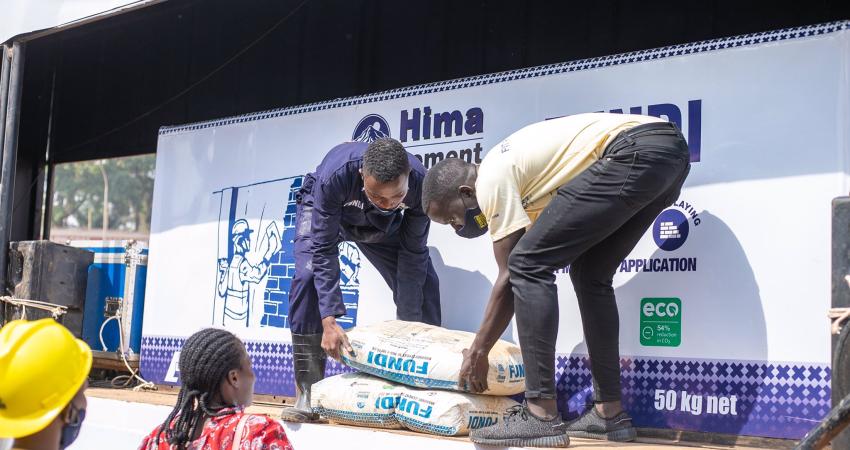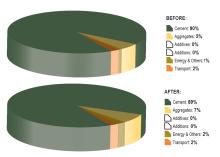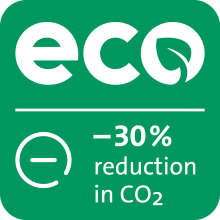
The Nairobi-based cement manufacturer says the project involves the selection, design and use of materials which leverage low carbon standards in the overall construction, especially the application of near zero embodied energy concrete designed by incorporating low carbon content cement.
Some of the cement to be used for the project feature a mix of Bamburi Cement’s products Powermax and Nguvu pozzolanic cements for concrete works. Fundi masonry cement, a low carbon cement, will also be used for mortar and plaster works.
The project, launched by Bamburi’s parent company LafargeHolcim, is ongoing in several countries on each continent.
Bamburi Cement Group managing director Seddiq Hassani said that the launch of Houses of Tomorrow is another step in Bamburi’s transition towards even more sustainable building solutions and a more sustainable construction industry overall.
“In our ambition of becoming a net zero company, we are not only part of the solution, we are committed to supporting our customers in their CO2-reduction ambitions," said Hassani. "We are therefore delighted to launch the Houses of Tomorrow project in Kenya further demonstrating our continuous innovative solutions aimed at reducing the carbon emissions across the entirety of our operations and supply chain."
The project will incorporate various other features in the ‘green construction’ theme, especially in the applications of materials – water harvesting systems, water reticulation systems, solar panels to cater for lighting and water heating needs, as well as features such as large windows for maximum natural light and fresh air.
The Houses of Tomorrow initiative comes on the heels of LafargeHolcim’s Net Zero pledge driven by low carbon product innovation and environmental conservation initiatives.
Bamburi Cement claims that its Duracem and Fundi cements limit carbon emissions by between 50 and 65% compared to commonly used Ordinary Portland Cement (OPC) products.










